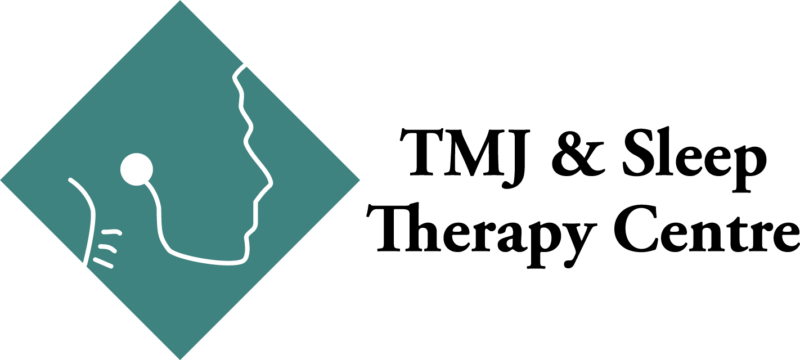Do your jaw muscles ache? Do you have headaches? Are your teeth extremely sensitive and showing signs of wear? You might be grinding your teeth and clenching your jaws excessively, a condition called “bruxism.”
It is estimated that between 8% and 31% of people suffer from this common condition, with many unaware of the behavior, especially when the symptoms are not obvious.
What to Look For
It’s not unusual to be unaware that you brux; sometimes there are no symptoms, or you don’t associate your symptoms with grinding and clenching your teeth. If you suffer from “sleep bruxism,” any symptoms will be more evident upon awakening then gradually decrease as the day wears on. On the other hand, if you grind your teeth while you are awake, those symptoms should increase throughout the day and may not even be evident when you awaken in the morning. You can also look for the following signs and symptoms:
- Worn teeth (especially on the top, flat chewing surface)
- Notches around the base of your teeth close to the gumline
- Fractured teeth and habitual failure of fillings, crowns, etc.
- Overly sensitive teeth that react with pain to cold drinks
- Teeth that are sore when you bite
- Noises while sleeping that may be loud enough to awaken others, like grinding and/or tapping
- Biting cheeks or lips
- Burning tongue
- Pain in chewing muscles
- Tenderness or pain in temporomandibular jaw joints (TMJ)
- Headaches, especially in the temples
Some Treatment Options
Treatment aims to not only reduce any pain, but also to prevent irreversible damage to the teeth by reducing the grinding activity. This can involve both home and professional care.
At home you can apply hot and cold compresses to sore jaw muscles and perform facial stretching exercises. Neck, shoulder and face muscles can also benefit from massages. Remembering to relax muscles in the face and jaw will help reduce stress. You should not eat hard foods or candies, or chew gum.
Custom-made night guards can redistribute chewing forces while relaxing the masticatory (chewing) muscles. They also work to stabilize the TMJ and protect your teeth and dental restorations.
We Can Help You Manage Your Bruxism
There are additional treatment options that we can offer to help reduce the effects of bruxism on your oral health, including medications to manage pain. If you are suffering from any of the symptoms described above and you are ready to take steps toward relief, please visit our website or contact our office to schedule an evaluation. We look forward to seeing you.
